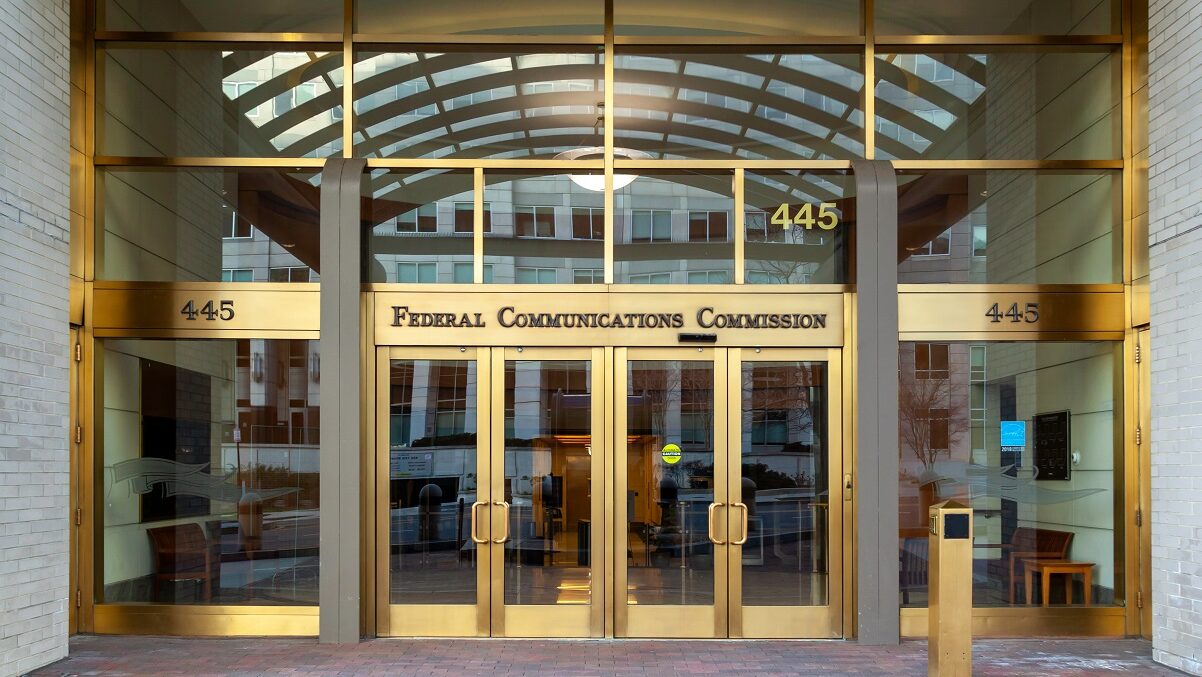
The U.S. Senate moved yesterday in a 55-43 vote to confirm Anna Gomez to the Federal Communications Commission. Her confirmation breaks a partisan deadlock at the agency that has been in place since the beginning of the Biden administration, when Commissioner Jessica Rosenworcel vacated her seat to become FCC chair.
The commission now has a 3-2 Democratic majority. With the new majority, many speculate that the FCC will push to bring back net neutrality, which President Joe Biden supports. The president’s July 9, 2021 executive order specifically “encouraged” the FCC to “[r]estore Net Neutrality rules undone by the prior administration.” Deadline reminds us that Gomez served as counselor to Obama-era FCC Chairman Tom Wheeler, when the commission voted to reclassify broadband service under the banner of net neutrality.
Today, net neutrality appears to be a solution in search of a problem, as my International Center for Law & Economics colleagues Geoffrey Manne, Kristian Stout, and Ben Sperry have noted:
History has, by now, definitively demonstrated that the FCC’s January 2018 repeal of the Open Internet Order didn’t produce the parade of horribles that net-neutrality advocates predicted. Most notably, paid prioritization—creating so-called “fast lanes” and “slow lanes” on the Internet—has proven a non-issue. Prioritization is a longstanding and widespread practice and, as discussed at length in this piece from The Verge on Netflix’s Open Connect technology, the Internet can’t work without some form of it.
Even if President Biden and a majority of the commission have an interest in bringing net neutrality back, the FCC has a number of issues before it that are in greater need of attention.
5th Circuit Challenge to the USF
As we have noted previously, the FCC currently faces a challenge to its authority to run and raise funds for the Universal Service Fund (USF). A three-judge panel of the 5th U.S. Circuit Court of Appeals ruled in the FCC’s favor in March, but in June, the court granted the petitioners’ request for an en banc hearing before the full court. The full court’s decision in this matter could have enormous consequences for the FCC and the USF. It could also affect the FCC’s ability to regulate and fund other public-interest initiatives, such as broadband deployment, network neutrality, and spectrum management. If the FCC loses this challenge, the commission will have its hands full dealing with the fallout, and may have to spend some time on Capitol Hill lobbying for new legislation to preserve the USF.
Digital Discrimination
The Infrastructure Investment and Jobs Act (IIJA), signed by President Biden in November 2021, requires the FCC to adopt final rules facilitating equal access to broadband internet by late November of this year.
More specifically, the statutory text directs the FCC to prevent discrimination in broadband access based on income level, race, ethnicity, color, religion, or national origin, while also directing the commission to consider issues of technical and economic feasibility.
There have been several hints that the commission favors a “disparate impact” approach to defining digital discrimination, rather than a “discriminatory intent” approach. In an op-ed I co-authored with Ben Sperry, we caution that if they take this route, the agency could be setting itself up for years of litigation under the major questions doctrine.
Spectrum Authority
In March, Congress allowed the FCC’s spectrum-auction authority to lapse for the first time since it was granted to the commission in 1994. A bill to renew auction authority passed out of the U.S. House earlier this year, but has yet to be taken up in the Senate. Aside from tabling future auctions, the lapse is stifling the deployment of some 5G spectrum that was already auctioned off. T-Mobile paid $304 million for 7,156 licenses of 2.5 GHz spectrum in last summer’s auction. But according to Fierce Telecom, the company can’t deploy the spectrum it won, because the FCC claims that it cannot issue licenses for the 2.5 GHz spectrum to T-Mobile until its auction authority is reinstated. Fierce Telecom also reported in August about a letter that Sens. Ted Cruz (R-Texas) and John Thune (R-S.D.) sent to Rosenworcel, urging her to grant T-Mobile the 2.5 GHz spectrum licenses that it won. The senators argue that, while the FCC has lost its auction authority, the agency has not lost its ability to grant licenses that have already been won at auction.
12 GHz Spectrum
The 12 GHz band is a part of the radio spectrum that can be used to transmit wireless signals. Currently, the FCC limits how much power and interference the 12 GHz band can have, which prevents it from being used for high-speed and reliable internet access. In an earlier post, we reported that former FCC Commissioner Michael O’Reilly notes that the 12 GHz band is one of the few bands of scarce spectrum resources that is ready for immediate deployment. Freeing up a slice of this spectrum could be a key technology to provide affordable internet to the few remaining Americans who do not have access. With a full commission now in place, expect a whirlwind of activity out of the FCC. Let’s hope they don’t adopt the now-unpopular motto of “move fast and break things.”




